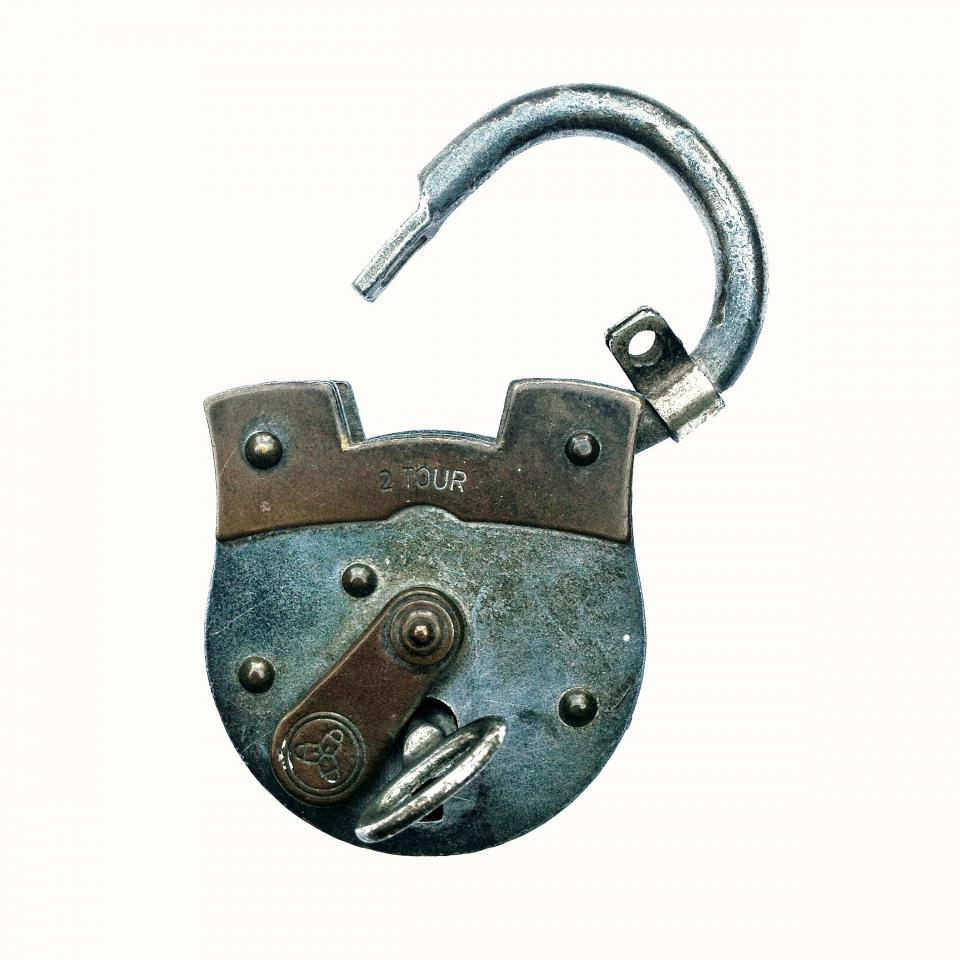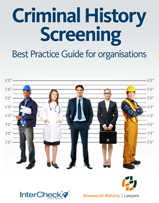Looking for the right job candidate can be difficult, but it doesn’t always have to be. Many companies are now focusing on evaluating the personality traits and potential culture fit of candidates in order to find the individual most suited for the job and environment.
Recruiters use targeted interview questions and techniques that help them uncover who the candidates really are instead of just what they can do. By focusing on a candidate’s personality, companies can find someone who can ‘fit in’ with the organisation, which is a win-win for both parties.
Here’s some advice on how to judge a job candidate’s personality in an interview.
Ask the right types of questions
You can find out a lot about a candidate’s personality by asking them questions that determine whether they’re team-oriented, interested in furthering their own and the company’s goals, competitive, and so on. You can also ask questions about their lifestyle, hobbies, skills, social media presence, and whether they can easily adapt to changes in technology.
Rather than asking lots of direct, resume related questions, you could ask some of the following questions to determine a candidate’s personality, interests, and priorities:
- What was the last tweet you sent out?
- Describe yourself using hashtags,
- If I looked at your Internet search history, what would I find?
- Describe the best boss you ever had and why,
- If your best friend were here, what would they tell me about you?
- Why do you work??
- Who are you going to be 10 years from today?
- What makes you get up in the morning and do what you do?
Focus on a candidate’s potential
When judging a candidate’s personality, it’s important to consider soft skills like interpersonal skills, communication skills, thought processes, and emotional intelligence. You should look at social intelligence (whether they are able to navigate social situations and work well with others), as well as social skills (making eye contact and elaborating on answers to questions) during the interview.
Another way to judge a candidate’s potential and their personality is by presenting a problem and asking them how they would solve it. Listening to their answer and seeing how they work through the problem can give you insight into their enthusiasm, skills, and thought processes, which can in turn allow you to gauge how they’ll fit the job and company. From there, you can also focus on their communication skills, values, and attitude.
Look for honesty and enthusiasm
You can judge a candidate by how honest they are towards their argument. For example, if they say that they’re hardworking and determined, ask them what made them say that. The candidate should be able to support the argument using examples. This is a test to see if they know who they really are or if they’re putting on an act.
You can also tell if a candidate is the right person for the job if they show their enthusiasm for the role. This can be shown by looking the part (wearing attire that is appropriate for the industry), knowing a lot about the company, and tailoring stories and accomplishments in a way that is relevant to the job.
See how a candidate reacts under pressure
Put the candidate in different situations to know how they react. A great candidate would try to be spontaneous, and even try to surprise you. You can also ask the same questions repeatedly in a twisted way to make the candidate confused, and also use this to check that they’re not absent minded. If they give different answers to the same question that’s been worded differently, it’s a red flag.
A job interview usually puts candidates under pressure as it is, and there are ways to tell if the candidate is able to deal with pressure and remain confident. When a candidate walks into the interview room you can check their confidence level by looking at their dress, walking style, sitting posture, handshakes, eye contact, and how they greet you. If they can also lighten up the room and bring a positive atmosphere, then you’ve got a very confident candidate who can succeed under pressure.
Identify your primary criteria and create a scorecard
Depending on the job, you’ll need to identify your primary criteria. For example, if you’re hiring an account manager you may want them to have the following attributes: self starter, marketing aptitude, emotional intelligence, curiosity, and a team player. If you’re looking for sound interpersonal skills, a suitable candidate may give the following evidence:
- Experience in inter-team cooperation to gain inputs and deliver results,
- Experience in building relationships with key internal/external stakeholders, and
- Experience in presenting information to a range of audiences.
Then create an interview scorecard, with a score from 1-10, to assess every candidate that each interviewer must use. By looking for the same evidence and using a common standard to judge candidates, you can determine which one will be a good fit for the role and company.
Check a candidate’s social media profile
You can find out more about the candidate as a person and employee by looking through their social media profiles, including Facebook, Twitter, and Instagram. How a person behaves on social media is a good indication of what kind of person they are and how they might fit into your company’s culture.
Do your due diligence
You can also judge a candidate’s personality by looking beyond the basics and reading between the lines when reviewing their resume, bio, LinkedIn page, or Twitter posts. Check to see if they’re continuing to further their education and in what capacity, if they do volunteer work or partake in extracurricular activities, and also check their personal skills and who their greatest influencers are. If you want to find out more about the candidate then just give them a call. When interviewing them, show them around the place and see if they get along with you and other employees to better determine whether they’re a good fit.
Let candidates interview you, too
By allowing candidates to ask you questions about the job and your company and telling them about the company’s work environment, you can get a chance to see what’s important for the candidate and therefore determine if they have the right personality for the job.
Overall, to hire the right person for a job you should look past a candidate’s resume and cover letter and learn more about them as a person. While they should have the skills and experience necessary to do the job, they also have to fit in with the company culture.













